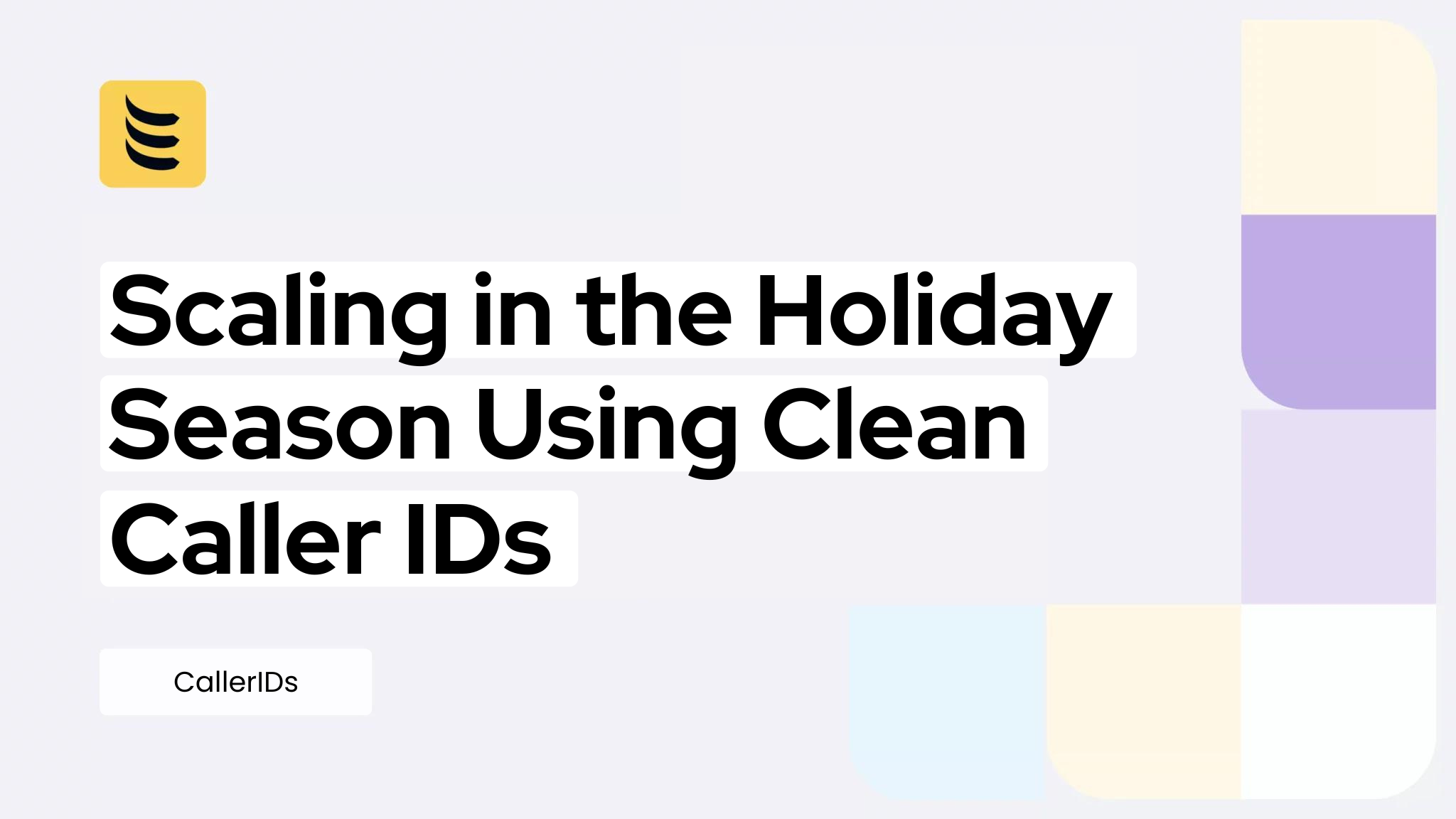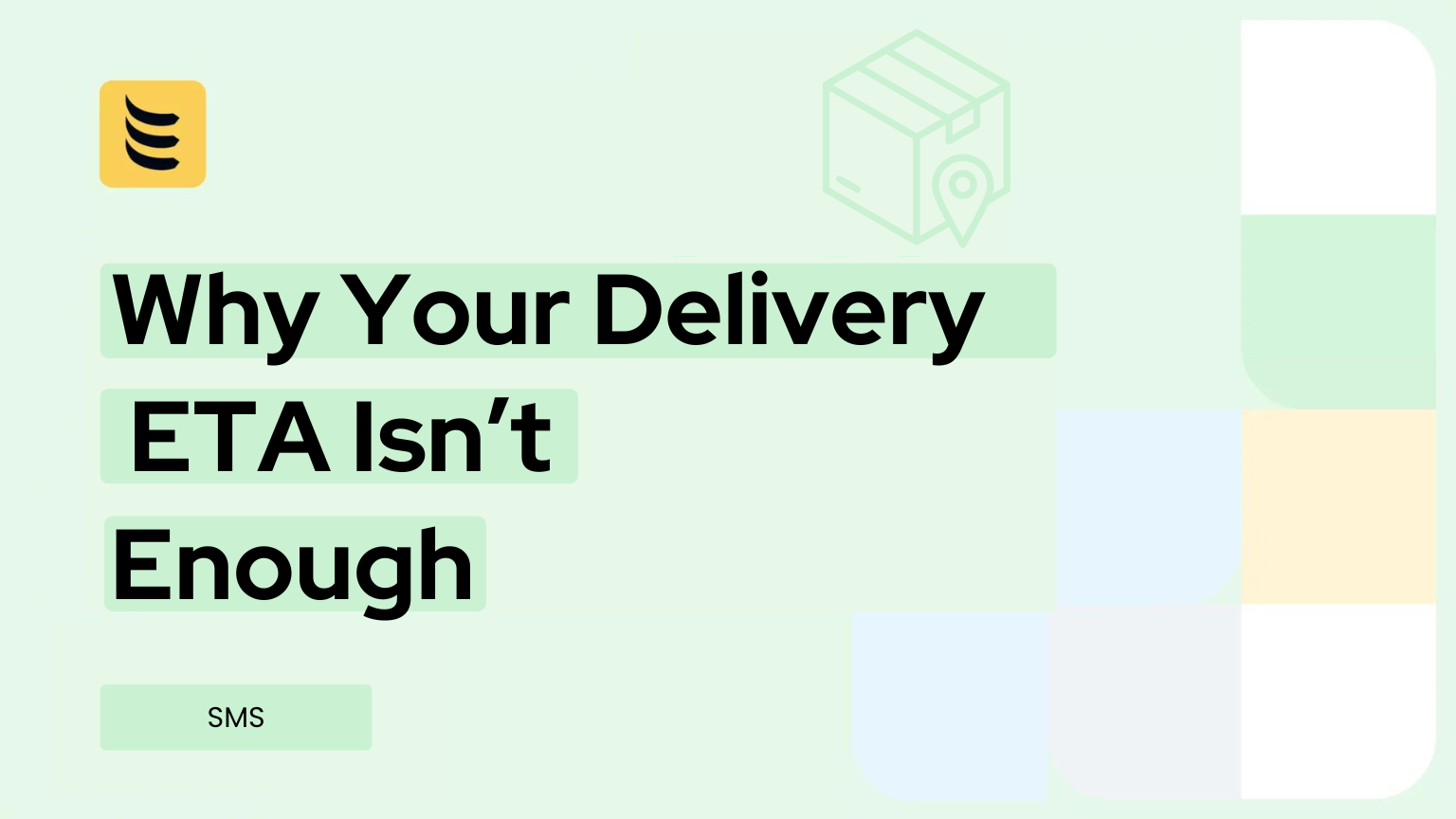Short message service or SMS text communication is easy to use and supported on all mobile phones – regardless of whether they’re smartphones or conventional featured phones. SMS text does not require any specific knowledge or technical know-how, nor does it require an internet connection.
This makes text messaging an ideal channel for organizations to reach out to the largest possible population of consumers or contacts. It’s now generally acknowledged that recipients open over 90% of the SMS text messages they receive, usually within three minutes of their arrival. SMS mass communications that contain web links for marketing or information purposes have an average 19% click-through rate – which makes text messages highly effective for driving traffic to websites.
Sending text messages to a large group of recipients at once can address a number of issues, such as alerting them to events and special offers, encouraging them to review their recent purchases, or handling customer support cases. In fact, such large-scale text communication has its own set of classifications, one of which is wholesale SMS.
What Is Wholesale SMS?
You may hear the term “wholesale SMS” in reference to large-scale text communication within two contexts: for SMS service providers and for commercial organizations. In this article, we’ll be looking at both scenarios.

Wholesale SMS for Service Providers
For SMS service providers and telecommunications carriers, wholesale SMS helps international operators expand their business networks across different geographical regions, without the need for multiple bilateral agreements. To this end, telecom operators and SMS service providers require a wholesale SMS trading platform that supports multi-national transactions and offers advanced functions.
The key features of a good wholesale SMS trading platform include the following.
Advanced Message Routing
A wholesale SMS trading solution should include real-time routing with priority management and an LCR-based route selection function. The platform should be able to modify sender IDs based on selected routes. Software routing solutions for wholesale SMS should also provide auto reconnection and rerouting features for coping with peak-hour SMS traffic and unanticipated network outages.
API and SMPP Integration
For bulk message transmission across global networks, the wholesale SMS platform should provide support and integration with a range of application programming interfaces (APIs) and the industry-standard short message peer-to-peer protocol (SMPP), which enables the exchange of SMS messages between short message service centers (SMSCs) and/or external short messaging entities (ESMEs).
Protocol Conversion
When moving SMS messaging between various digital platforms, it’s occasionally necessary to switch between communication protocols. The wholesale SMS trading platform should be able to act as a connecting channel between desktop applications and external SMS gateways, with support for both SMPP and Hypertext Transfer Protocol (HTTP), and the ability to convert HTTP to SMPP on demand. Automatic protocol switching is, therefore, another feature to look for.
Ability to Scale
To be of value to telecom operators and SMS service providers, a wholesale SMS delivery platform should have the capacity to scale up to billions of messages if necessary and provide rule-based routing and real-time traffic monitoring.
Real-Time Analytics
Ideally, a wholesale SMS platform solution should have intelligent and real-time analytics functions onboard, as well as on-demand reporting and visualization functions. These features can assist SMS service providers and telecommunications operators in maintaining network operations and service levels. The wholesale SMS solution should ideally have a reporting function that supports multiple file formats such as Microsoft Excel spreadsheet (XLS) and comma-separated values (CSV), and a selection of output formats (campaign reports, user activity logs, etc.).
Financial Tools
The wholesale SMS trading platform should offer financial analysis and reporting tools to help providers monitor their performance in various markets and manage vendor relationships.
Invoicing Tools
A good wholesale SMS trading solution should offer automatic invoicing and support for multiple currencies. Other features to look for include billing management tools, real-time billing for prepaid and postpaid accounts, and invoice generation in various formats.
Content Management System
To avoid the legal and financial consequences of being labelled as a conduit for spam or phishing material, a wholesale SMS platform for SMS service providers and telecom operators should include a content management system with whitelisting features. These enable providers to authorize bulk SMS content before it reaches the end subscribers through a carrier’s network. Content management tools to look for include SMS text and Sender ID blocking, plus Sender ID and text replacement features.
High-Level Security
Since the telecom industry routinely deals with sensitive personal, financial, and business data, it is a prime target for hackers and cybercriminals. Much of this information exists in the form of text messaging. SMS service providers and telecommunications operators must, therefore, use a wholesale SMS platform that offers military-grade and multi-layered security. This may include features such as secure socket layer (SSL) support, network topology concealment, Internet Protocol (IP) security for API and SMPP connectivity, and support for two-factor authentication (2FA) at the application level.

Wholesale SMS for Commercial Enterprises
At the user level, wholesale SMS is generally considered a subset of the larger classification known as bulk SMS.
In its simplest terms, bulk SMS is a service that enables organizations to simultaneously send a large number of text communications to a wide target audience. It’s also known as business SMS or enterprise SMS and includes examples such as surveys, competitions, formal marketing campaigns, promotions, event announcements, and notifications to employees.
You can categorize bulk SMS into two types of communication: retail SMS and wholesale SMS.
Retail SMS refers to messages that are generated by end consumers. These may typically be sent via platforms like Facebook or WhatsApp.
Wholesale SMS refers to messages which are sent from reseller companies. In this sense, organizations may use wholesale SMS externally (for marketing campaigns, polls, informing customers about special offers, etc.) or internally (for enterprise communications, employee notifications, etc.).
Wholesale SMS Best Practices for Users
For commercial organizations, wholesale SMS provides a cost-effective alternative to other communication channels such as email or voice telephony. By enabling commercial users to communicate rapidly with large numbers of people (and receive replies from them, if necessary), wholesale SMS can be a lead and revenue generator for businesses that offers a measurable return on investment (ROI).
To get the most out of wholesale SMS, organizations can adopt the following bulk communication best practices.
Use the Right Technology
You should look for a wholesale SMS reseller and bulk SMS marketing services provider that offers tools for managing contact lists and composing, uploading, and sending messages in bulk.
Segment Your Subscriber List
You should segment your target audience of SMS subscribers based on specific criteria (age, gender, recent shopping history, location, etc.) relevant to your notification or offer. This will empower you to engage with receptive customers on the basis of their actual needs and preferences.
Always Provide an Option to Opt Out
Consumers who consistently receive unwanted offers or a flurry of unsolicited information may become frustrated with your brand and turn to better alternatives. You should therefore provide your customers with a clear and simple way to opt out of receiving your text messages. Note that in some jurisdictions, this is actually a legal requirement – one that can have expensive consequences if you fail to comply.
Keep it Short, Sweet, and Consistent
Wholesale SMS marketing messages should be clear and concise – aim for 160 characters or less, ideally. Make sure there’s a clear purpose for each communication, and/or a clear call to action. To keep your business SMS content consistent, you can create templates for your most common text message types.

Common Ground for Wholesale SMS Deployments
Both SMS service providers and enterprise SMS users will often wish to provide text message functionality to their business applications and allow SMS integration with commonly used business systems. An SMS API can make all of this possible.
SMS API stands for short message service application programming interface, which is a set of protocols and tools that enables software applications to send and receive text messages programmatically. It allows developers to integrate SMS functionality into their own applications, websites, or systems, facilitating the automation of SMS communication.
With IDT Express SMS APIs, you can swiftly integrate IDT’s carrier-grade communications platform into your current systems or applications. Using the IDT Express SMS API, you can enable two-way communication with your customers, with a user-friendly wizard-driven code generation process that is fast and effortless to utilize.
To learn more about how IDT Express SMS APIs can contribute to your wholesale SMS efforts, book a demo.
FAQ
Q: What makes SMS text messaging so effective for businesses?
A: SMS is universally supported on all mobile phones, doesn’t need an internet connection, and has a high open rate—over 90% of messages are opened within three minutes! This makes it ideal for reaching large audiences quickly and reliably. Plus, SMS has a 19% average click-through rate, which is excellent for driving traffic to websites and boosting engagement.
Q: Can someone explain what “wholesale SMS” is? I hear it mentioned in different contexts.
A: Absolutely! Wholesale SMS generally refers to large-scale text messaging, either for SMS service providers or commercial users. For providers, it’s about enabling international SMS routing and connectivity without needing multiple agreements. For businesses, wholesale SMS (or bulk SMS) lets them send texts to thousands of people at once—for things like promotions, notifications, or customer support.
Q: What are the key features of a good wholesale SMS platform?
A: For SMS providers, a robust wholesale SMS platform should have:
- Advanced message routing for managing traffic and rerouting when networks get busy.
- API and SMPP support to integrate with global messaging protocols.
- Protocol conversion to switch between formats like HTTP and SMPP as needed.
- Scalability to handle billions of messages if necessary.
- Real-time analytics to monitor performance and report insights.
- Security features like SSL and two-factor authentication to protect sensitive data.
Q: How does wholesale SMS benefit businesses?
A: Wholesale SMS is super effective for businesses needing mass communication. It’s quick, cost-effective, and reaches customers where they’re already active—their text inbox. Organizations use it for things like:
- Announcing special offers or events
- Sending reminders and notifications
- Running surveys and polls
SMS also has a measurable ROI, making it an attractive option for marketers.
Q: What are some best practices for using wholesale SMS in marketing?
A: A few tips:
- Use reliable technology to manage contacts and send messages.
- Segment your audience to make messages more relevant.
- Offer an opt-out option to avoid frustrating customers.
- Keep messages short and direct (ideally under 160 characters) with a clear call to action.
Q: What is an SMS API, and why should businesses use it?
A: An SMS API is a tool that lets you integrate SMS functionality into applications or websites. This makes it easy to automate sending and receiving texts, like reminders or notifications, through your existing systems. For example, with the IDT Express SMS API, businesses can set up two-way messaging for customer engagement with ease.
Resources
1. Video Tutorials on SMS APIs and Bulk Messaging:
- How to Use SMS for Marketing – YouTube has a variety of tutorials on SMS marketing strategies and best practices to optimize engagement and conversions.
2. Books on SMS Marketing and API Integration:
- “Mobile Marketing: How Mobile Technology is Revolutionizing Marketing, Communications, and Advertising” by Daniel Rowles – This book dives into the strategies of mobile marketing, including SMS and messaging, for an end-to-end understanding of the field.
- “SMS Marketing: How to Attract Customers and Grow Your Business by Reaching Consumers on Their Phones” by David Eska – A practical guide on crafting SMS campaigns and using text messaging as a powerful customer outreach tool.
- “A Guide to API Development” by Bill Doerrfeld – For readers looking to understand APIs and integrations, this book explores API basics with practical insights into connecting services like SMS with your applications.
3. Online Courses for Hands-On Learning:
- Udemy: Bulk SMS Marketing & SMS API Integration – Search for “SMS marketing” or “SMS API integration” on Udemy, and you’ll find various courses covering both the basics and advanced aspects of SMS marketing and technical integrations.
- LinkedIn Learning: SMS Marketing and Communication Strategies – This platform offers marketing courses that touch on SMS as a channel for reaching and engaging with customers, with a focus on strategy and compliance.




